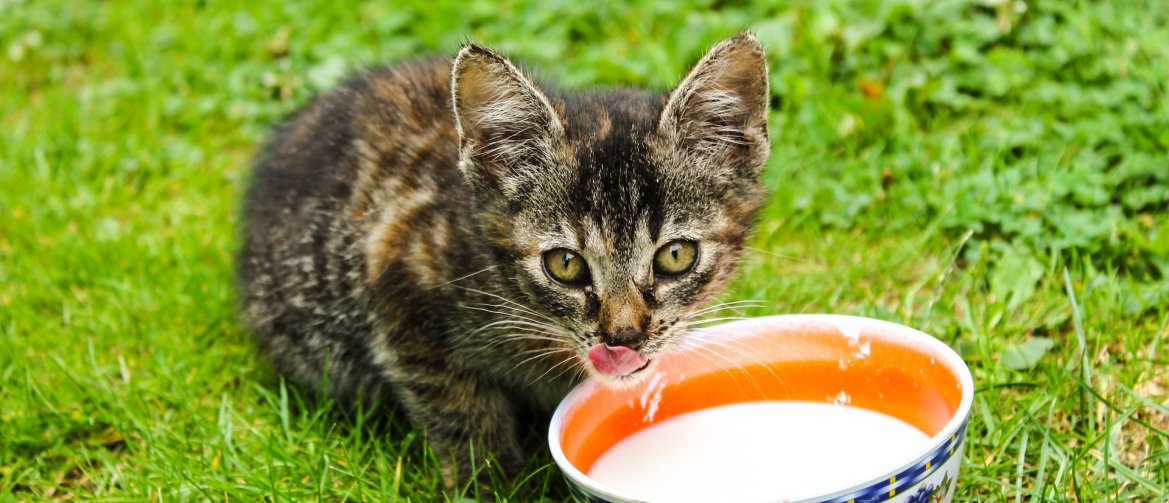Milk for cats. Could it be?
Until recently, there was a widespread belief that milk should necessarily be included in the diet of every cat. Is this still the case and should a properly fed cat consume milk?
Many people think that milk is an essential part of a cat's diet. Not every cat owner is aware of the fact that cow's milk can also be harmful to our favourite cat.
Can small cats drink milk?
Milk from a cat's mother is an essential food for the kitten only until she reaches the age of eight weeks. This is the only time when the digestive system of a small cat is adapted to its proper digestion. When your cat is eight weeks old, her body no longer assimilates her mother's milk. It is for this simple reason that an older cat should no longer consume milk. It often happens, however, that the cat still eats them willingly, because it simply tastes good. However, eating milk can be associated with nausea, stomach cramps and diarrhea. These symptoms result in lactose intolerance, which affects most domestic and wild cats.
Can cats drink milk?
The safest option for your cat's health and wellbeing will be to completely or at least partially eliminate milk from her diet. Cats older than eight weeks of age no longer need the nutrients contained in milk to function properly. In order to provide the animal with an adequate level of protein, it is enough to ensure that its diet is rich in this ingredient. Milk is also a high-calorie food, so it can cause excessive accumulation of adipose tissue and lead to overweight and obesity of the animal. So it's best to concentrate on feeding your cat with food and to give her water to drink.
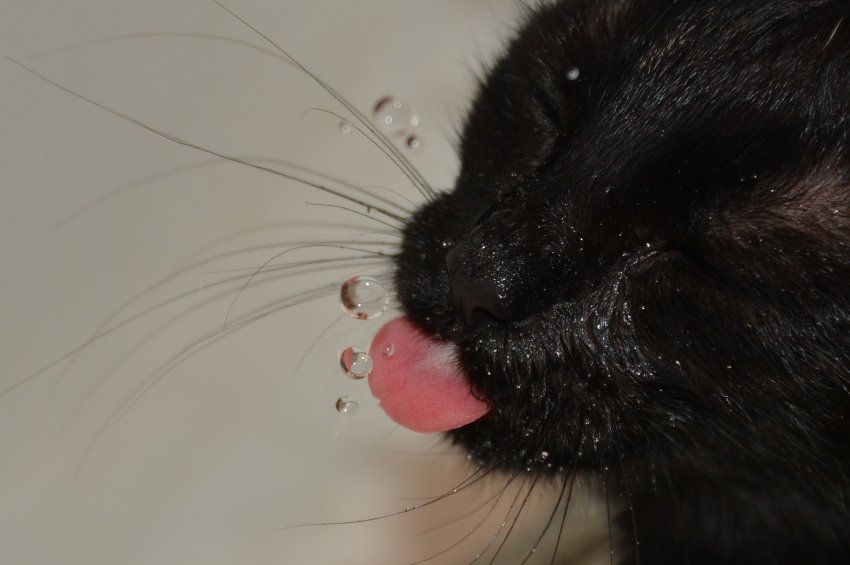
Feline milk is the only food that kittens eat during the first two weeks of their lives. It is fatter and richer in protein compared to cow's or goat's milk. It also contains higher amounts of minerals, such as calcium and potassium, compared to milk from other animals. Kittens perfectly cope with its digestion, because their body is characterized by high activity of lactase. However, this activity decreases with age, so the milk digests worse. There's no need to breastfeed your kitten after her mother has finished breastfeeding her. This is because such an addition may cause the appearance of osmotic diarrhoea in a cat.
Can an adult cat drink milk?
Milk is a high quality food containing many nutrients. Its total number of calories is about 65 - 75 kcal per 100 g of product. Continuous addition of milk to your cat's diet results in her taking much more calories a day, which directly contributes to her risk of developing overweight and obesity. In addition, cow's milk can cause your cat to develop food allergy and lactose intolerance. Therefore, special lactose-free milk (for adult cats) is available for sale. However, lactose-free milk can be worse in taste and therefore also less readily consumed by animals.
Vide!
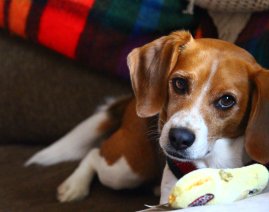
Dog accessories - what is worth buying?
Every pet owner knows that pets need a variety of extra things in order to function normally in...
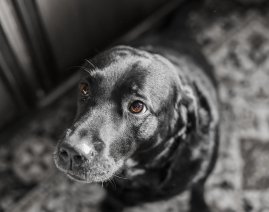
Dog's uremic uremic from symptoms to...
Each element of the human or animal organism has specific tasks and functions. When any of them...
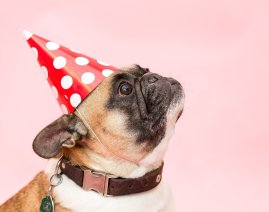
Dog cake - recipe
Dog cake is an increasingly popular idea. Nowadays, many people choose to add variety to their...

